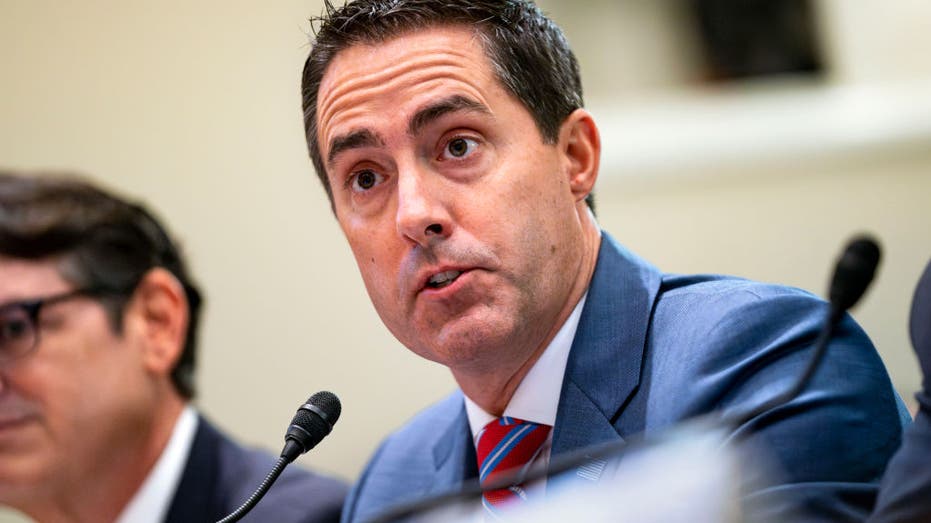Election Investigation Reveals Multiple States' Alleged Illegal Voting by Noncitizens and Double Voters
Ohio's election integrity probe uncovers noncitizen and double voting, sparking potential prosecutions across eight states and D.C.

Ohio Secretary of State Frank LaRose announced on Tuesday that his office has referred dozens of cases involving alleged noncitizen voter registrations and individuals suspected of casting ballots in multiple jurisdictions for possible prosecution. The referrals span eight states and Washington, D.C., marking a significant escalation in Ohio’s efforts to enforce election integrity laws.
According to LaRose, the state’s Election Integrity Unit discovered evidence indicating that 30 non-U.S. citizens had registered to vote in Ohio, a violation of both state and federal election laws. In addition, the investigation identified eleven individuals believed to have voted in more than one state during recent election cycles. The double voting cases involve individuals connected to Virginia, Arizona, Colorado, the District of Columbia, Illinois, Kentucky, Maryland, and South Carolina, signaling the potential scope of cross-state election violations.
“We must send a clear message that election fraud won’t be tolerated,” LaRose emphasized in a public statement. “The only way to maintain Ohio’s high standard of election integrity is to enforce the law whenever it’s broken.” He underscored the importance of these referrals by noting that even a single illegal vote can tip the outcome of close elections—highlighting a recent instance in Licking County where one vote decided the fate of a local levy.
The Election Integrity Unit’s review utilized Ohio’s voter registry data, cross-referenced against federal and state databases, to uncover discrepancies and identify potential fraud. As a result of the investigation, LaRose sent formal referral letters to the attorneys general in all states where alleged violations occurred, urging them to pursue prosecution where warranted.
LaRose addressed anticipated skepticism from critics, stating, “Critics of Ohio’s election integrity efforts may try to minimize the significance of these referrals, as though some small amount of election crime is acceptable… Even one illegal vote can spoil the outcome of an election for the citizenry at large, whether it be a school levy, majority control of a legislative chamber, or even a statewide election contest.”
The announcement comes amid heightened national scrutiny over election integrity issues. Just days earlier, the U.S. Department of Justice filed a lawsuit against North Carolina and its State Board of Elections, alleging failures to maintain an accurate voter roll in violation of the 2002 Help America Vote Act (HAVA). The complaint claims that some North Carolina voters were registered without providing the identification required under federal law, raising further concerns about election security and oversight.
Although North Carolina’s election officials updated voter registration forms after the issue was brought to light, they declined to require affected registrants to submit missing identification numbers ahead of the 2024 elections. The ongoing legal and administrative disputes highlight the broader, contentious debate over the balance between accessible voting and robust election safeguards.
As the 2024 election approaches, these developments underscore the increasing pressure on state and federal officials to address voter fraud concerns proactively, while also ensuring that all eligible citizens are able to exercise their right to vote without unnecessary barriers. The outcomes of the investigations and lawsuits are likely to influence election policy debates in the months to come.




